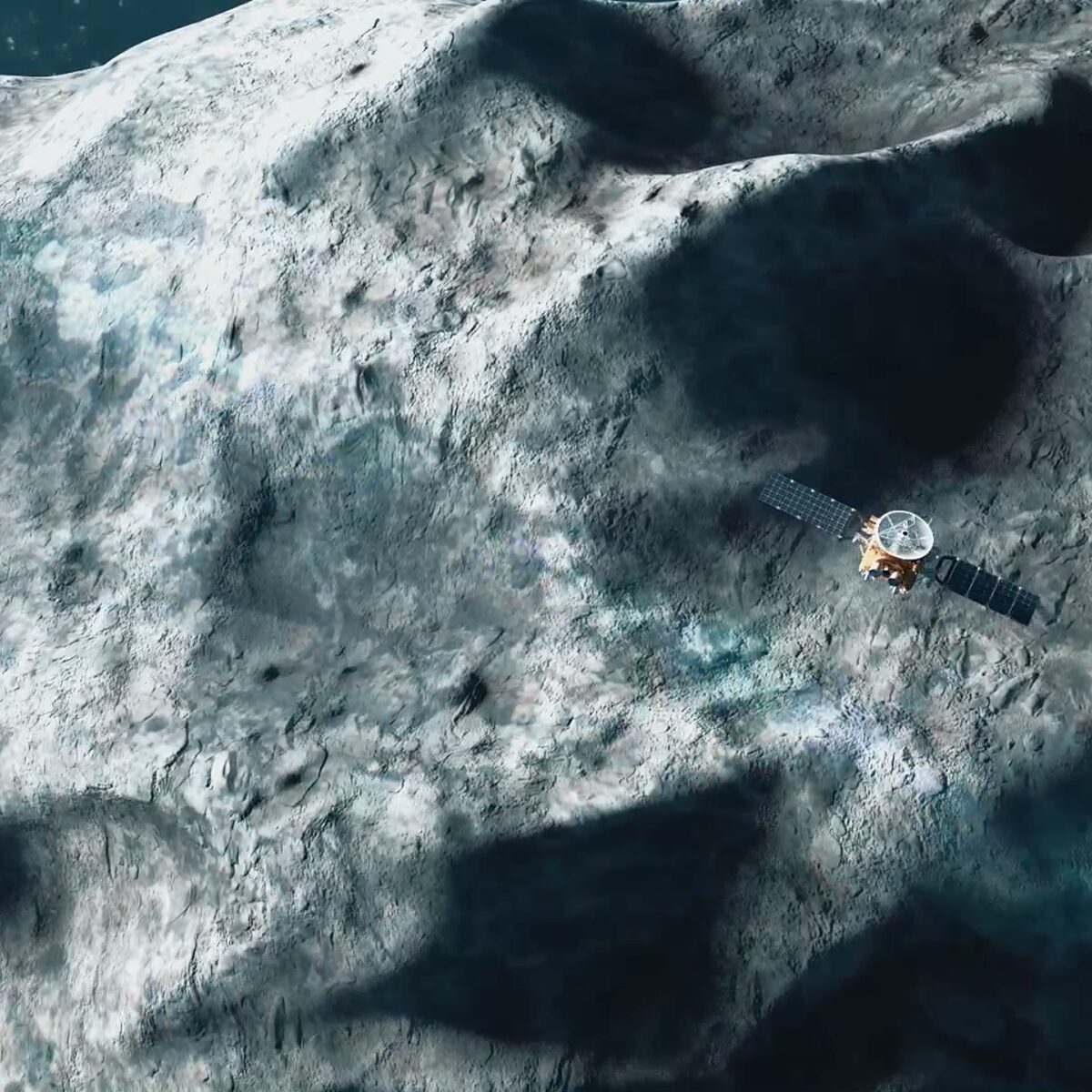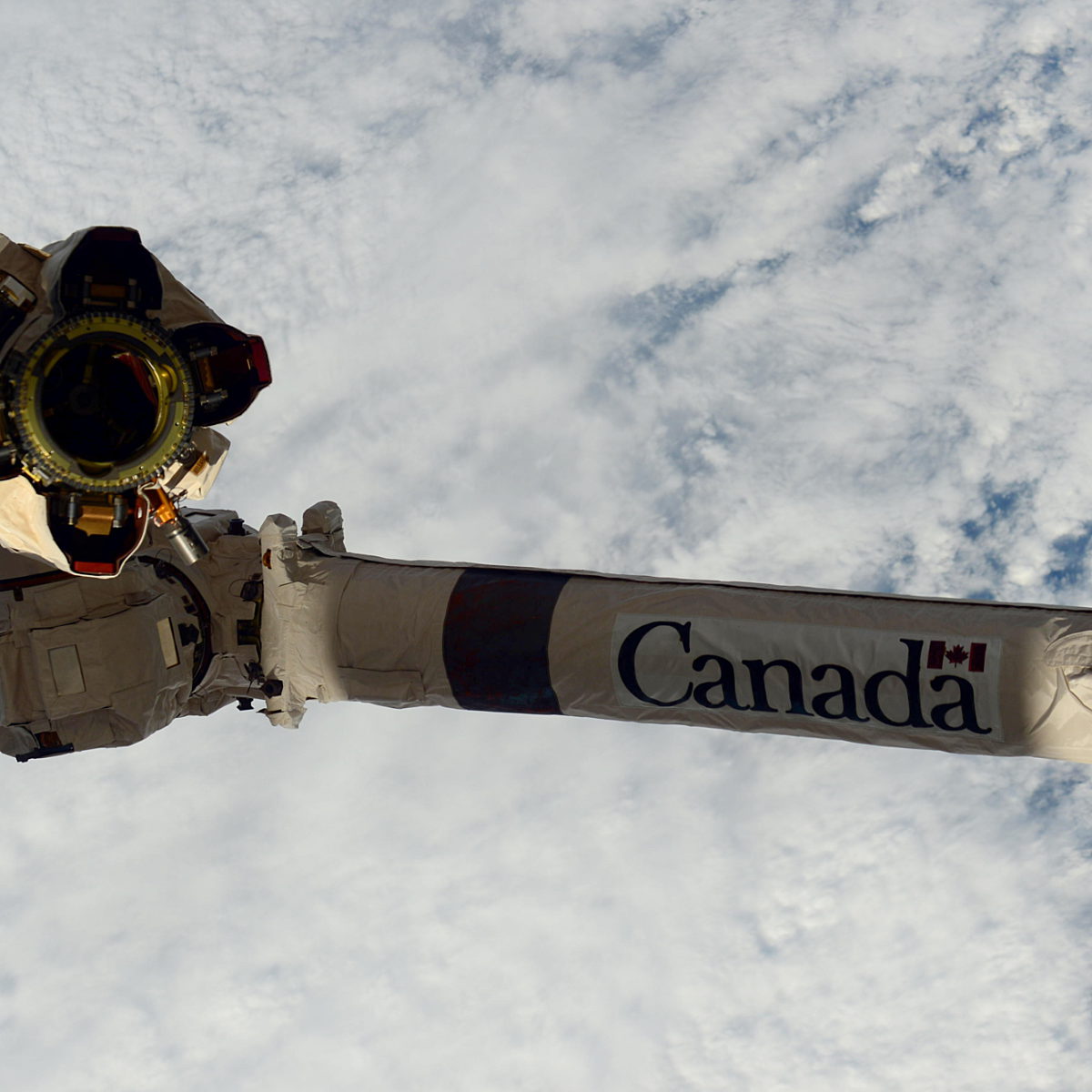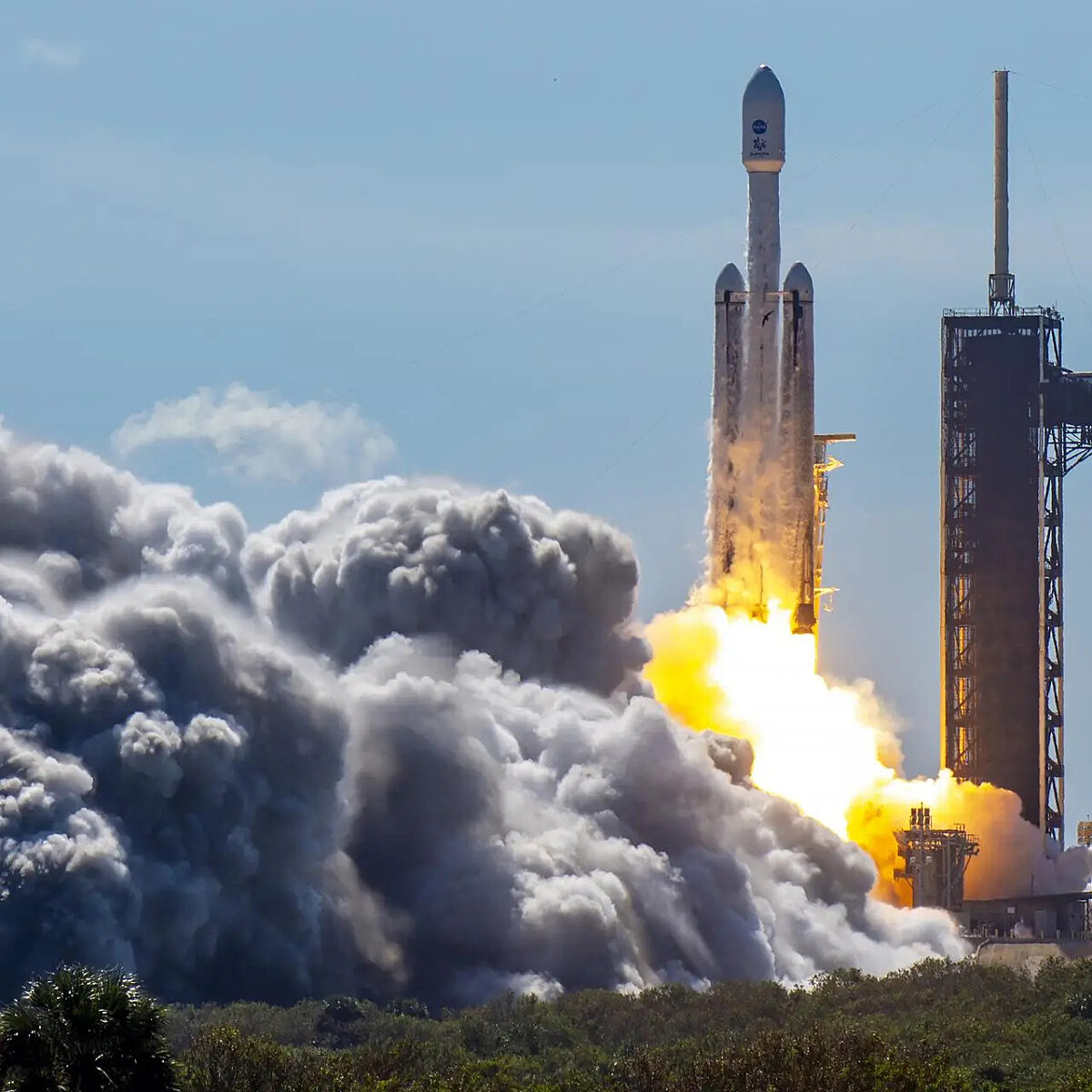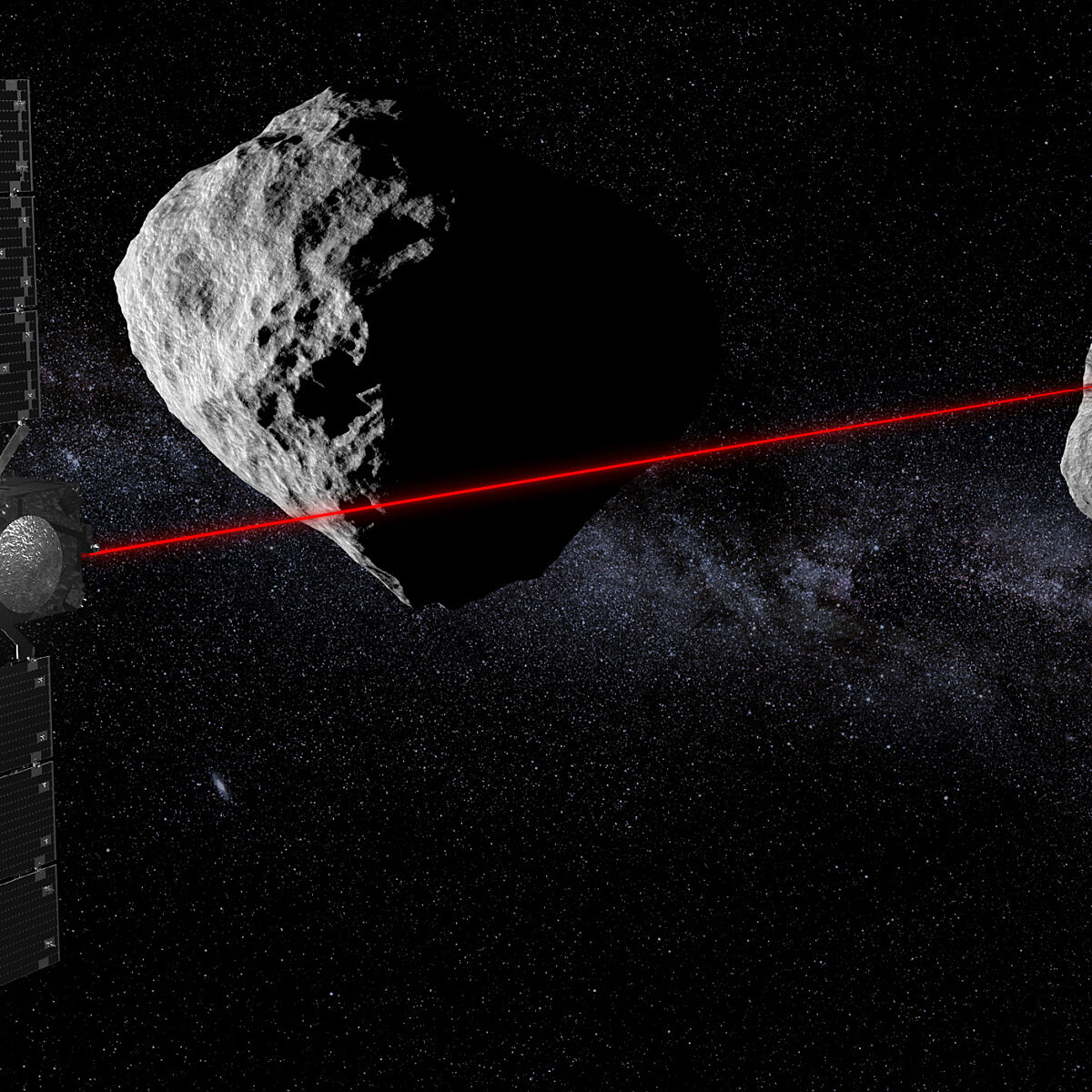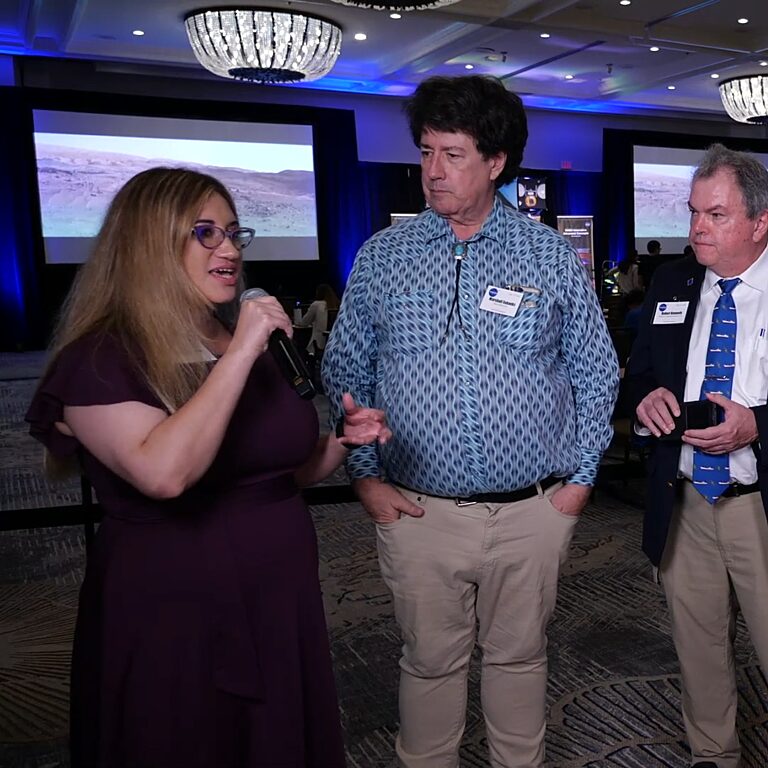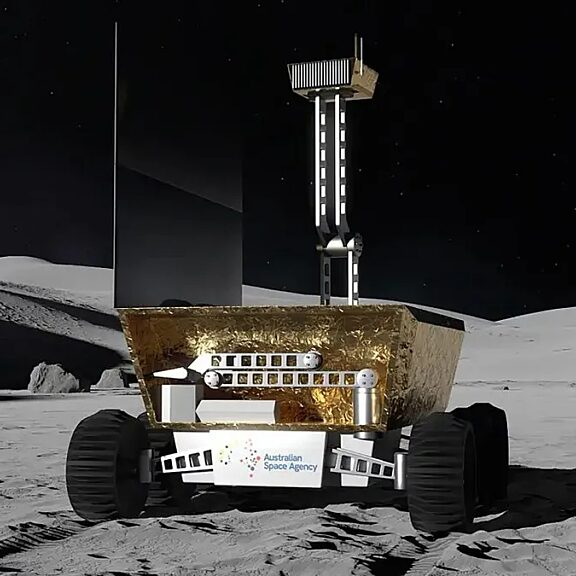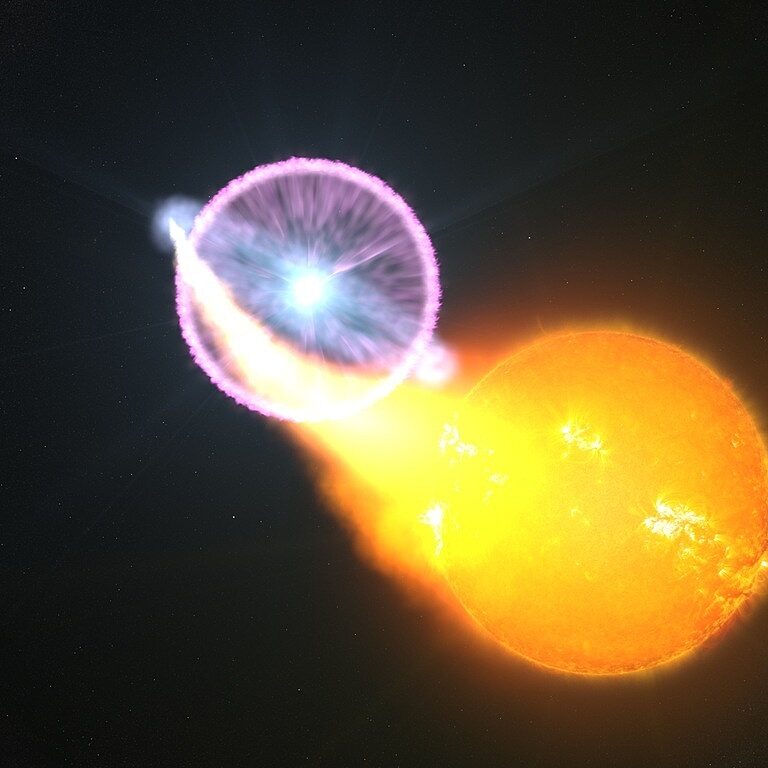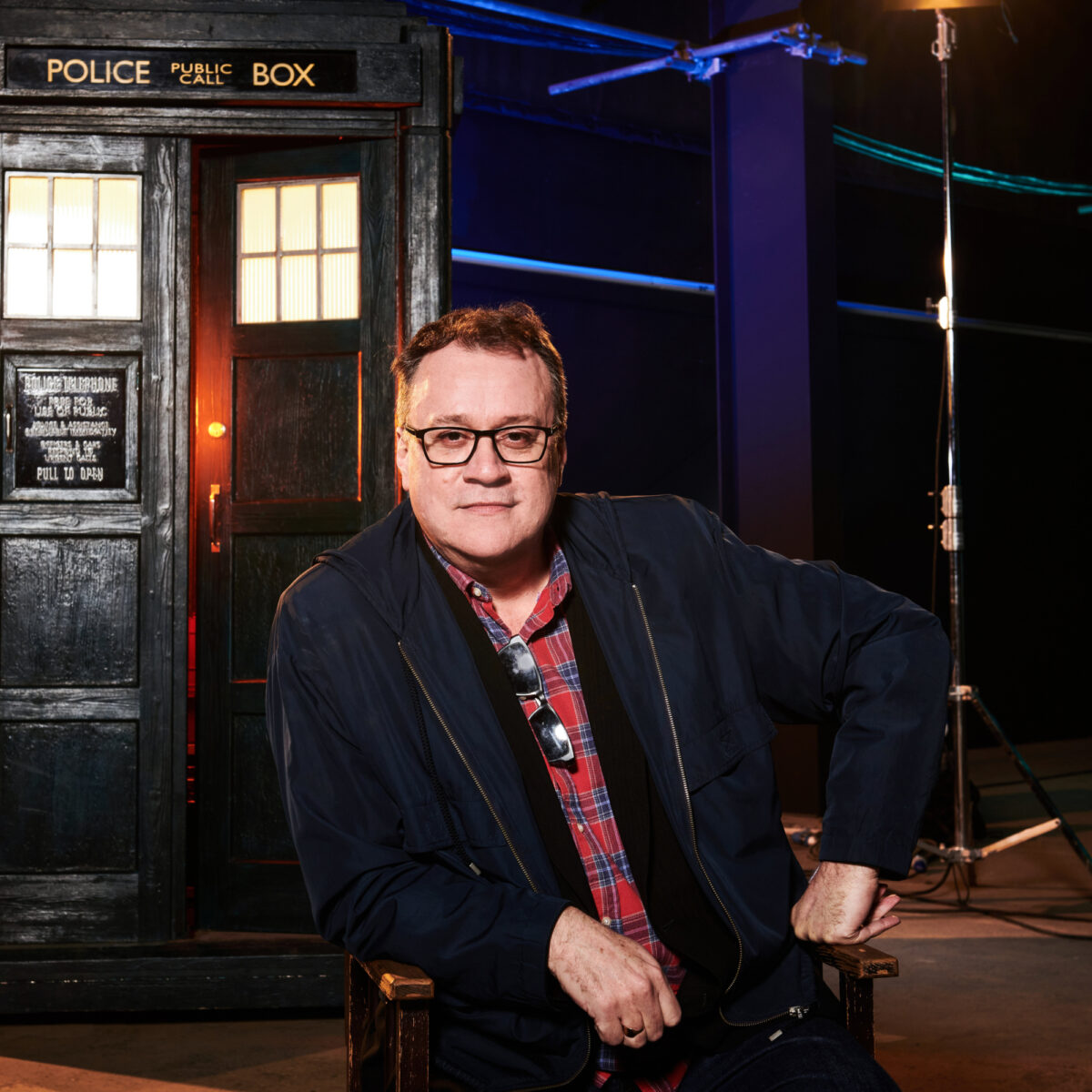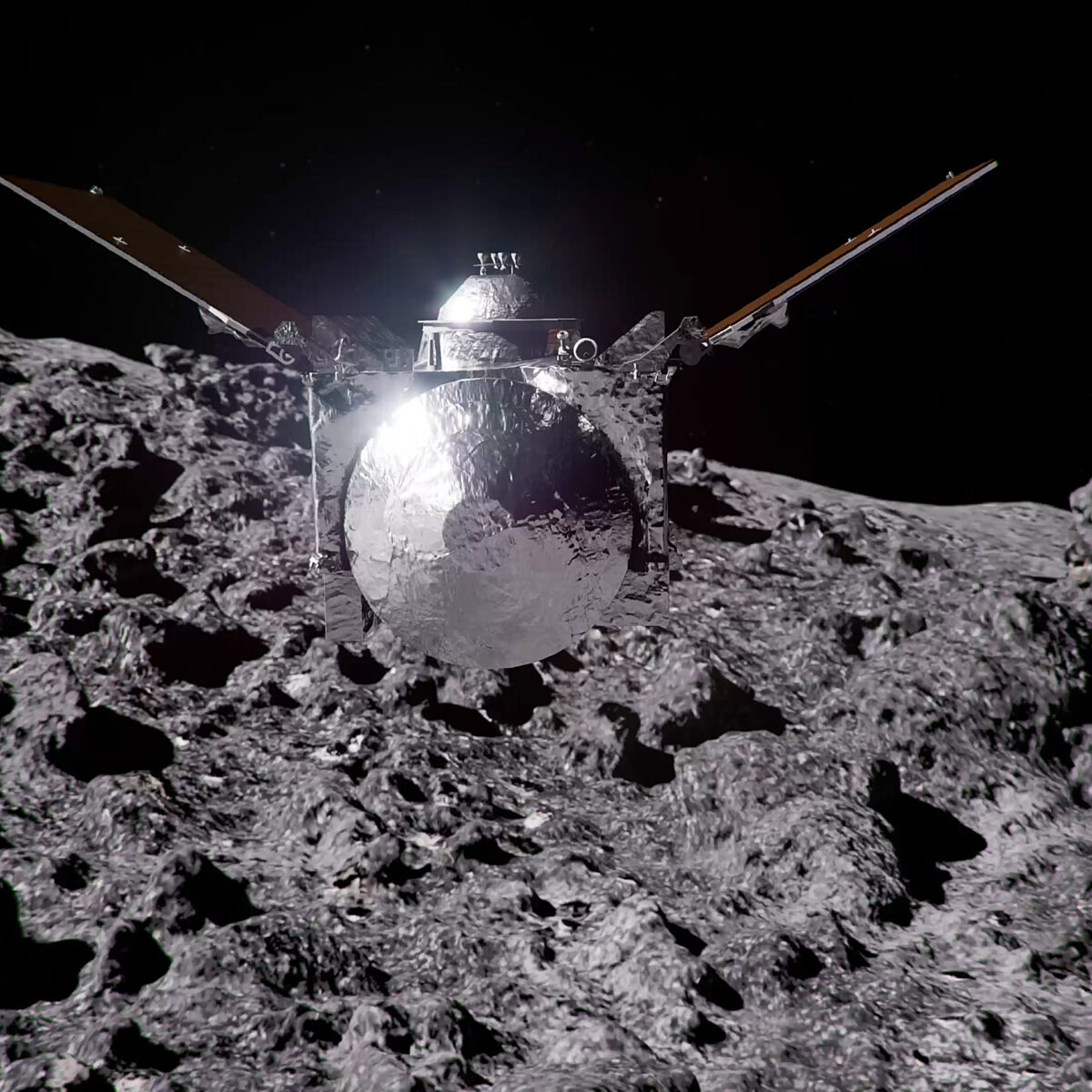Since 2002, Planetary Radio has visited with a scientist, engineer, project manager, advocate, or writer who provides a unique perspective on the quest for knowledge about our Solar System and beyond. The full show archive is available for free.
Search Planetary Radio
Mohsen Al Awadhi and Hoor Al Hazmi, the director and science team lead for the Emirates Mission to the Asteroid Belt, join Planetary Radio for an update on the mission’s progress.
Morgan Cable and Hiro Ono from NASA's Jet Propulsion Laboratory join Planetary Radio to discuss the Exobiology Extant Life Surveyor (EELS) robot concept.
This week, we learn more about Spaceport Nova Scotia, Canada’s first commercial launch site, with Steve Matier and Sasha Jacob, the CEO and Chairman of Maritime Launch Services.
Bob Pappalardo, Europa Clipper project scientist, recounts the mission team's dramatic encounter with Hurricane Milton before their triumphant launch.
We look forward to the Oct. 7 launch of the European Space Agency's Hera spacecraft with Michael Küppers, project scientist for the mission.
Join us for part one of our journey to the 2024 NASA Innovative Advanced Concepts (NIAC) Symposium. We'll hear from the teams behind two of this year's NIAC projects that could help us study distant planets and potentially reach them ourselves.
Get up to speed on the latest in commercial space news and look forward to the European Space Agency’s Ramses mission to Apophis with members of The Planetary Society team.
Policy expert G. Ryan Faith argues for importance of communal engagement with our values and goals in space exploration. While easy answers may elude us, a careful and considered approach to this effort can help avoid common pitfalls and dead ends and ensure that future generations continue to explore space.
NASA's Perseverance rover has made a groundbreaking discovery on Mars: a sample that may hold evidence of ancient microbial life. We visit the Tenth International Conference on Mars to get the details.
Newton Campbell Jr., the director of the Australian Remote Operations for Space and Earth (AROSE) Consortium, discusses his career journey, AI in space, and Australia's first lunar rover, the Roo-ver.
Every major NASA center built after the agency’s inception is located in the American South. Why? Dr. Brian Odom, NASA’s chief historian, joins the show to discuss the cultural, political, and historical implications of NASA’s expansion into the South.
We observe Asteroid Day with an update on NASA’s Double Asteroid Redirection Test (DART) mission with the Asteroid Foundation’s Markus Payer and JHUAPL’s Terik Daly.
RadioLab's Latif Nasser returns to Planetary Radio with a new public naming contest for a quasi-moon of Earth.
Holy texts and salvation ideology. Saints and martyrs. True believers and apostates. This isn’t a religion — this is human spaceflight, argues Roger Launius, the former Chief Historian of NASA.
Kelly Biderman, the CEO of Havoc Robotics, joins Planetary Radio to share how the National Havoc Robot League helps to prepare the next generation of space engineers. Then we hear from Florence Pouya, the former captain of the Afghan Girls Robotics Team.
We explore how Doctor Who has influenced the scientific community with Russell T. Davies, the past and present showrunner of the iconic science fiction TV series.
Bob Pappalardo, Europa Clipper's project scientist, visits The Planetary Society headquarters in Pasadena, CA, to share the story of the mission's vault plate, humanity's next collection of messages to another world.
We explore NASA's first tabletop role-playing game with senior multimedia specialist Christina Mitchell and a new way to find water worlds with Amaury Triaud from the University of Birmingham.
Former NASA Administrator Mike Griffin discusses his claim that there is a tension between the so-called Real reasons that motivate spaceflight and the prosaic, Acceptable reasons used to justify space exploration within the public sphere.
Scott Guzewich, deputy project scientist for NASA’s OSIRIS-APEX mission, joins Planetary Radio to discuss the next steps for the mission as we count down to asteroid Apophis’ flyby of Earth in 2029.


 Explore Worlds
Explore Worlds Find Life
Find Life Defend Earth
Defend Earth


